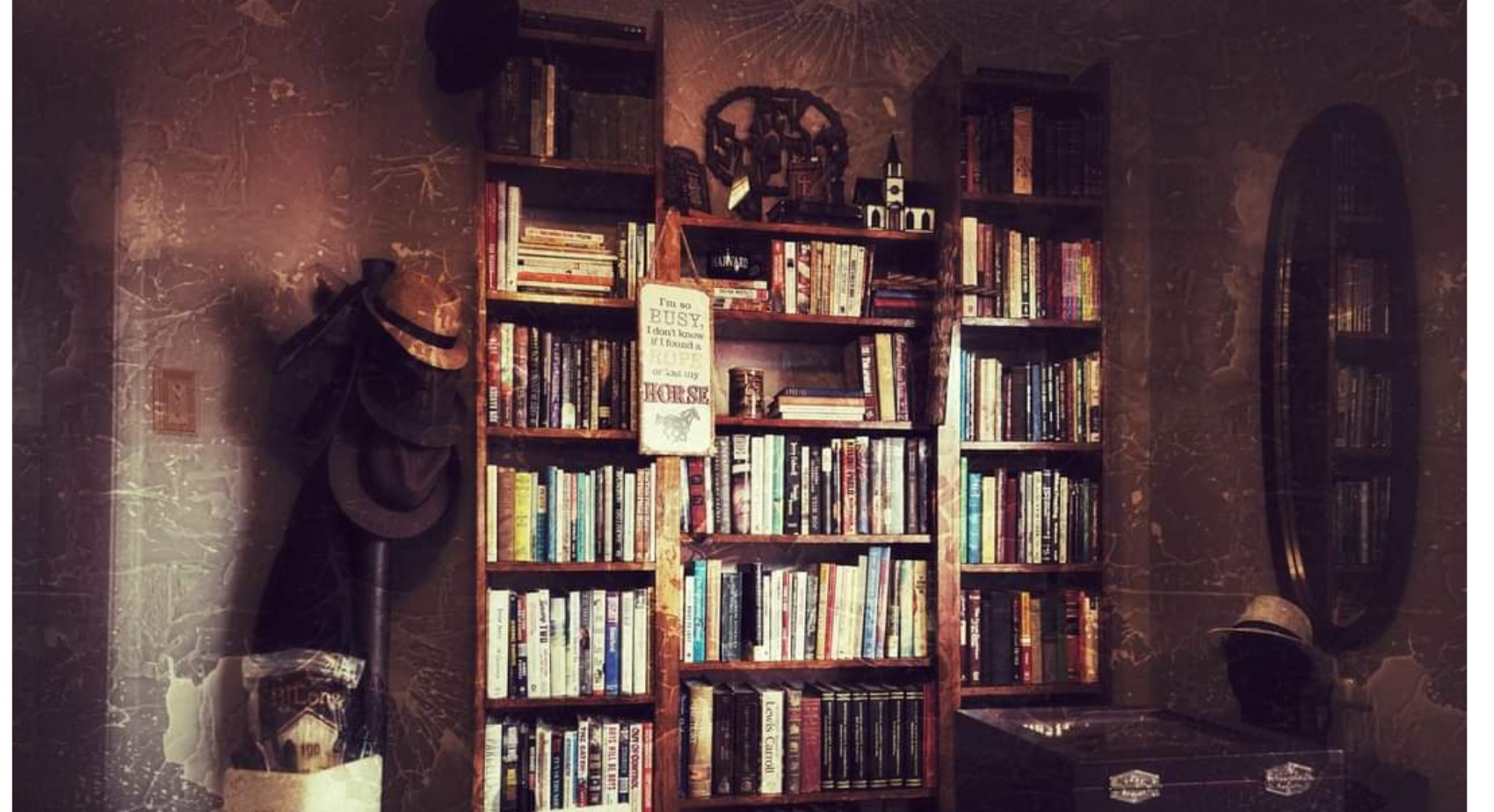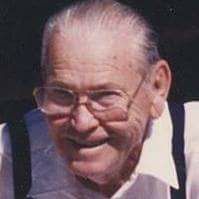In the painful aftermath of the Christmas Eve COVID Attack, my wife and I found ourselves fevered, lethargic, and stowed up in the living room. Bereft of anything on TV to pass the time, – which is ridiculous, of course, given we have more options through apps, streaming, and live TV than any generation before could have possibly conceived – we found our all-time favorite miniseries available on Amazon Prime. So, we settled in and watched Lonesome Dove for the fifth or fifteenth time.
One of the travesties of the series is Captain Woodrow Call’s inability to bring himself to acknowledge Newt Dobbs as his son. Newt was the son of a working girl with whom Call was familiar, and possibly in love, in his younger days. Trouble was, she was a working girl and other men had their fill of her as well. A man of strict values, Call struggled with that. In truth, he struggled with every relationship he ever had with a woman, regardless of how benign it may have been.
Toward the conclusion of the movie, after his partner and best friend Gus was dead and Call was preparing to leave Montana and return Gus’s body to Texas to bury in a pecan grove, as his friend had requested, Call left Newt his beloved horse and his father’s watch. There was a moment when it looked like he might say more, when he might call him “son.†It didn’t happen. The sadness on Newt’s face was palpable.
Well, my wife and I were still sick and all done with the series, so I found Return to Lonesome Dove and we watched it. The second series also ends with a scene between the father and his unclaimed bastard son, Newt. The conversation ends differently this time.
Newt has announced to Call that he intends to move on. He needs to do what Call himself had done. He needs to find his own path, be his own man, see what his passion is and follow it. Call had done it. He needed to do it himself. It is another hard, sad moment.
This time, Call says to Newt, “Dobbs. That is your mother’s name. Call is your name. They say it is Scots in origin. It has no dishonor that I am aware of.â€
I don’t know if it is low testosterone levels or what, but I wept like a baby at the scene. I had wept at a few of the scenes in the first series, too, but this one hit me in the gizzard.
Somehow, it reminded me of a moment between my grandfather and me at the turn of the century. I was in Mount Pleasant, Texas, at the behest of my mother, who was trying to rescue her son and resurrect her father’s ministry with one stroke.
Back up a couple of years, first. It was 1998 when, while repossessing a refrigerator from a third-floor apartment (I was managing a Rent-a-Center at the time), I blew out a disc in my back, which required emergency surgery because of the way it trapped my sciatic nerve against bone. I was weeks, months even, in recovery. I would not return to that job. It was time to move on but I had no prospects.
That is when Mom called. Granddad’s health was in decline and so was his church, which was down to three or four families and a handful of kids that my grandmother brought to Sunday School. Mom’s old house was vacant and available for us to live in. There was no money to be had but there was a church to build and I could find some sort of work.
So, off to Mt. Pleasant, Texas, we moved. I took on a paper route. Donya transferred to an office in Tyler, which meant she had to drive an hour and a half each way every day, and I dug in to rebuild the church.
We had our moments at the church. There was one special Sunday when the small sanctuary was filled to capacity with more than 100 people. But it didn’t last. It didn’t work. My grandfather and I were too different. That difference put a strain on our relationship and took the wind out of my sails. This would be the first time in my ministry I would fail to build a church that I took on as pastor. It would also be the last one I pastored but I didn’t know that at the time.
The 18 months or so that we spent there were among the hardest of our lives but there were moments to cherish. One of them happened on a random weekday. I was at the church tidying it up and studying for my Sunday sermon. Granddad could not drive anymore due to lack of control of his diabetic feet (he was always a pretty sketchy driver with things on his mind other than driving, a trait he handed directly to me), so Granky (my grandmother’s nickname) drove him up to the church, his favorite place to be.
Granddad made a pot of coffee and we sat at the table in the fellowship hall and talked.
Woodrow Call reminds me of my grandfather. A quiet, steady, strong man, able to weather all kinds of storms, a man to lean on and learn from, but not a man for conversation. I know it is funny, right? A preacher who doesn’t prattle on? Hard to find. But he was that way. Most conversations had to be pulled out of him. He was tough as boot leather, firm in his convictions to the extent of alienation of family members who felt judged by him, but he was quiet and understated. Just like Woodrow Call.
“I would rather leave my kids something to fight for than something to fight over. Maybe I can leave a little of both.”
He was a tender-hearted man, too. When he preached, you had to lean in to hear him sometimes. His sermons were often emphasized with tears. Every time he mentioned my daughter Holly, who has borne the burden of Spina Bifida and other physical challenges her entire life, he wept. He called her Hollyhock, which none of us knew was a flower until someone told us.
It was late December 1999, a couple of days shy of the New Year’s Eve everyone was buzzing about. The world was set to celebrate the turn of the century. Fear abounded that the change would wreak havoc on computers worldwide and cause mayhem, maybe apocalyptic. The computers would just melt down. For some, panic set in. The rest held their breath. Granddad had never been behind a computer. He was born in the 1920s and came of age in the Great Depression. He wasn’t going to be troubled by these things. God was still God and that was that. He had seen trouble before, real trouble. God had seen him through.
I asked, “What are you going to do New Year’s Eve, Granddad?â€
He studied whatever was in the depths of the black coffee in his cup and answered, “I will do what I have always done, go to bed in one year and wake up in the next.â€
I grinned. I knew the answer before I asked. I liked it that way. I may not have liked all of his hard ways. I may not have agreed with some of his strict views, but I loved his consistency. I loved the way you could count on his integrity and, when you were in a pinch, you could count on him. I had done so shortly after getting to town. I was out of money and my credit was suspect. He cosigned on a car for me. He didn’t even have to go to the bank with me. He just called them and they told him to sign the papers at his convenience. That man never had a great deal of money but he took care of what he had.
Granddad took care of his own, too. If a widow in his church needed her lawn mowed, he might be in a white shirt and tie, likely he was, but he would tuck his tie into his shirt, roll up his sleeves, and mow her lawn. He had a garden and a few head of cattle. He used those assets to feed his family and other families in need. I worked with him many times in my youth and I can tell you, it was work. He wasted no sunshine. We might be mopping tar onto a flat roof at the church, laying concrete for a parking lot, dropping a transmission, or wrapping pipes before a winter blast, but we worked. He worked.
William Austin Henager was my grandfather’s name. Like Woodrow Call, he passed his name unblemished to the following generations.
I have always wanted to make a name for myself, to be known…as a writer, as a preacher, as a leader. My name is not unsullied. But this new year is. What will I do with my name in 2023? What will you do with yours?
Go out there and make a name for yourself and for your progeny, a name that means security, steadfastness, and reliability.
I wrote to a group of friends on New Year’s Day, “I would rather leave my kids something to fight for than something to fight over. Maybe I can leave a little of both.â€
Happy 2023!
“A good name is more desirable than great riches; favor is better than silver and gold. ”
“The memory of the righteous is a blessing, but the name of the wicked will rot. ”
“A good name is better than fine perfume, and one’s day of death is better than his day of birth.”


